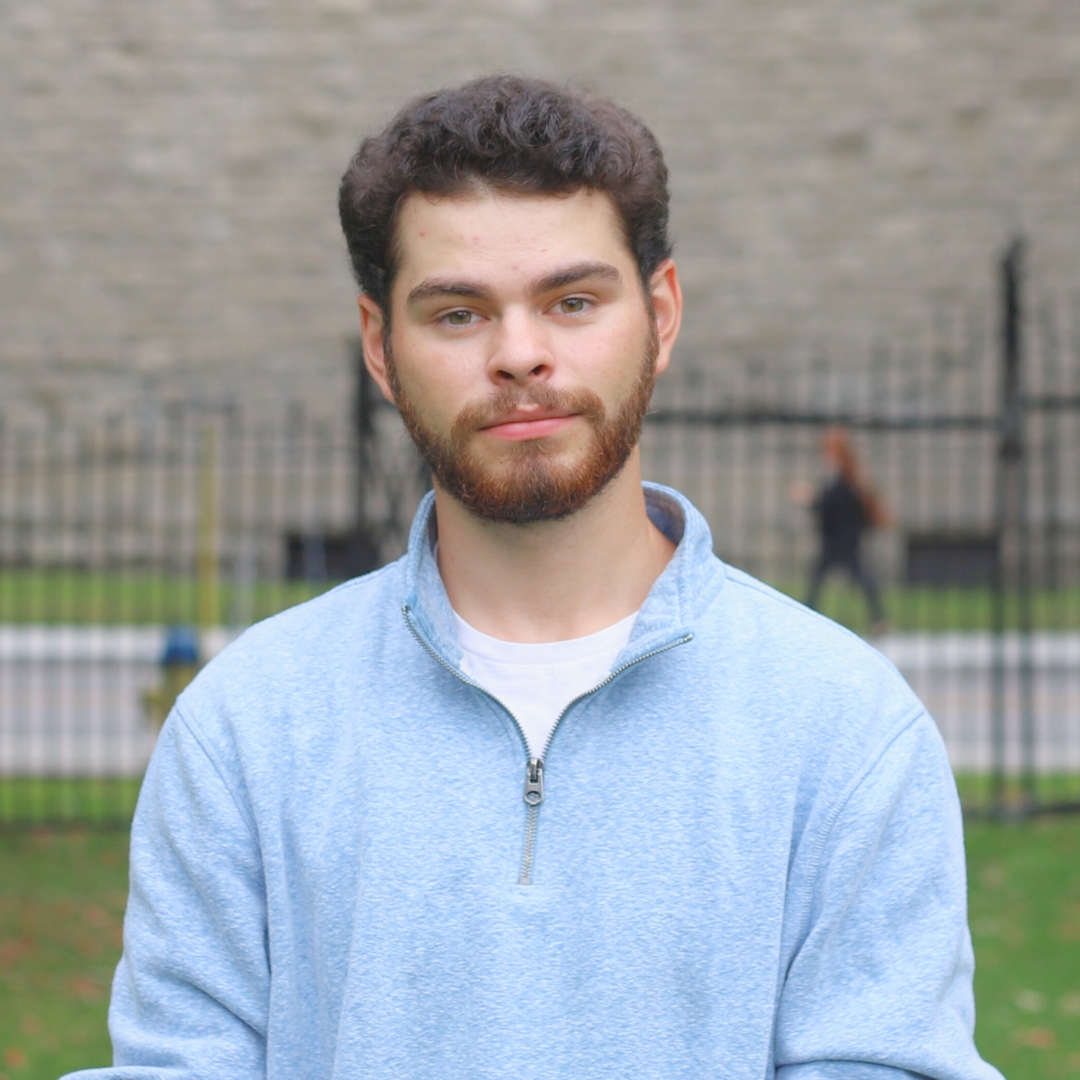“University of Ottawa and [its] research teams are very well equipped, and well positioned to lead on this work.”
Innovation, Science and Economic Development Canada (ISED) has announced $11.8 million in funding for biomanufacturing innovation projects at the University of Ottawa and McMaster University.
The investment is part of a larger effort by the Government of Canada to invest in vaccines, therapeutics, and other life-saving medicines. In 2021, Canada’s federal government announced a total of $2.2 billion in future funding for the domestic biomanufacturing ecosystem.
Minister of Families, Children and Social Development of Canada Jenna Sudds announced the latest round of investments Thursday morning. “Thousands of students are very familiar with the impact that COVID had on them during the pandemic,” Sudds told the Fulcrum.
She discussed the opportunity to focus on collaborative research that highlights the scalability of biomanufacturing processes, building the supply chain, and mitigating risk. “It’s all about emergency preparedness, ensuring that if there was ever another pandemic that we are ready, and University of Ottawa and [its] research team are very well equipped, and well positioned to lead on this work.”
Sudds, Member of Parliament for Kanata—Carleton, described the investment as a “project that is looking at ultimately harmonizing the infrastructure technology and quality system between various academic institutions, as well as our government bio manufacturing facilities across the country,” while noting the importance of keeping open lines of communication between different levels of research.
During the pandemic, Canada was entirely dependent on other countries for COVID-19 immunizations. This came on the heels of Stephen Harper’s government cutting science budgets and silencing Canadian scientists.
“I think certainly the pandemic opened everyone’s eyes to the importance [of vaccine manufacturing] and ensuring that we had Canadian innovation, Canadian capacity to respond in times of need,” said Sudds. “Growing our Canadian biomanufacturing and life sciences sector is an absolute priority and that goes beyond just responding to COVID-19.”
Meanwhile in Toronto, Prime Minister Justin Trudeau announced the opening of a new vaccine manufacturing facility backed by a $20 million federal investment, while also announcing a $415 million investment in a future flu vaccine manufacturing facility.
But past domestic vaccine manufacturing facilities built during the pandemic still haven’t begun producing vaccines. The Biologics Manufacturing Centre in Montreal was complete in June 2021 and certified by Health Canada in July 2022, but the CBC reported last week that “not a single vial of vaccine has rolled off the line.”
Sudds talked about the overall $574 million investment. “This is a substantial investment which will enhance our domestic capacity, our domestic research and innovation in the life science and biomedical space. I have no doubt that these investments will pay dividends for years to come for generations to come. As we strengthen our capacity domestically, we ensure that those skills and those solutions are available to Canada in our time of need.”
The announced Advanced Medical Research Centre is a key part of the Canadian Pandemic Preparedness Hub, a joint effort between the U of O and McMaster funded from the $574 investment announced on May 6. Ground broke May 9 on Smyth Road adjacent to the Faculty of Medicine and Ottawa Hospital General Campus with the “university’s largest investment” scheduled to open in 2026.
Sudds — who also served on Ottawa City Council and as one of the city’s three deputy mayors for a time — also emphasized the investments in people and jobs that are made as a result of the announcement. “[The investments are] strengthening the research capacity, creating amazing, good-paying jobs for young people and Canadians across the country; those skill sets aren’t lost. Those investments will pay dividends for years to come.”







